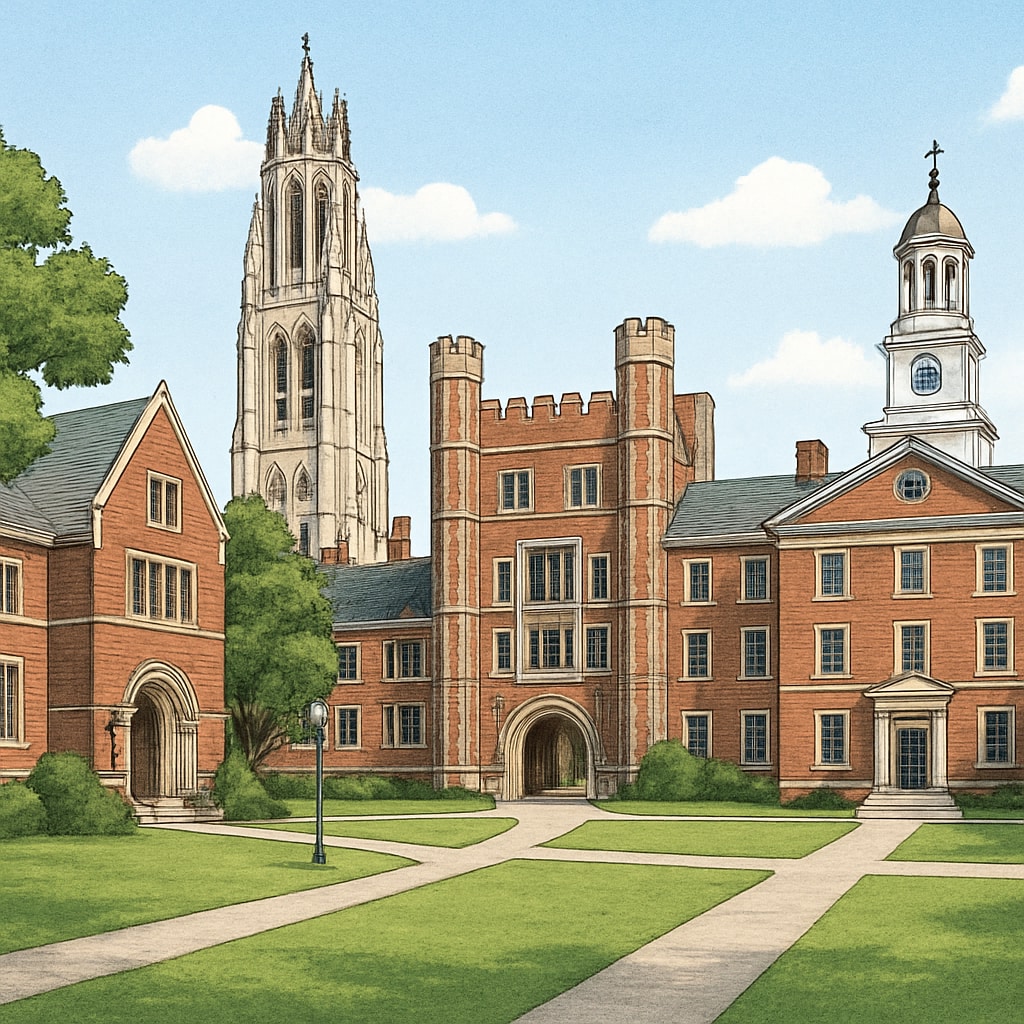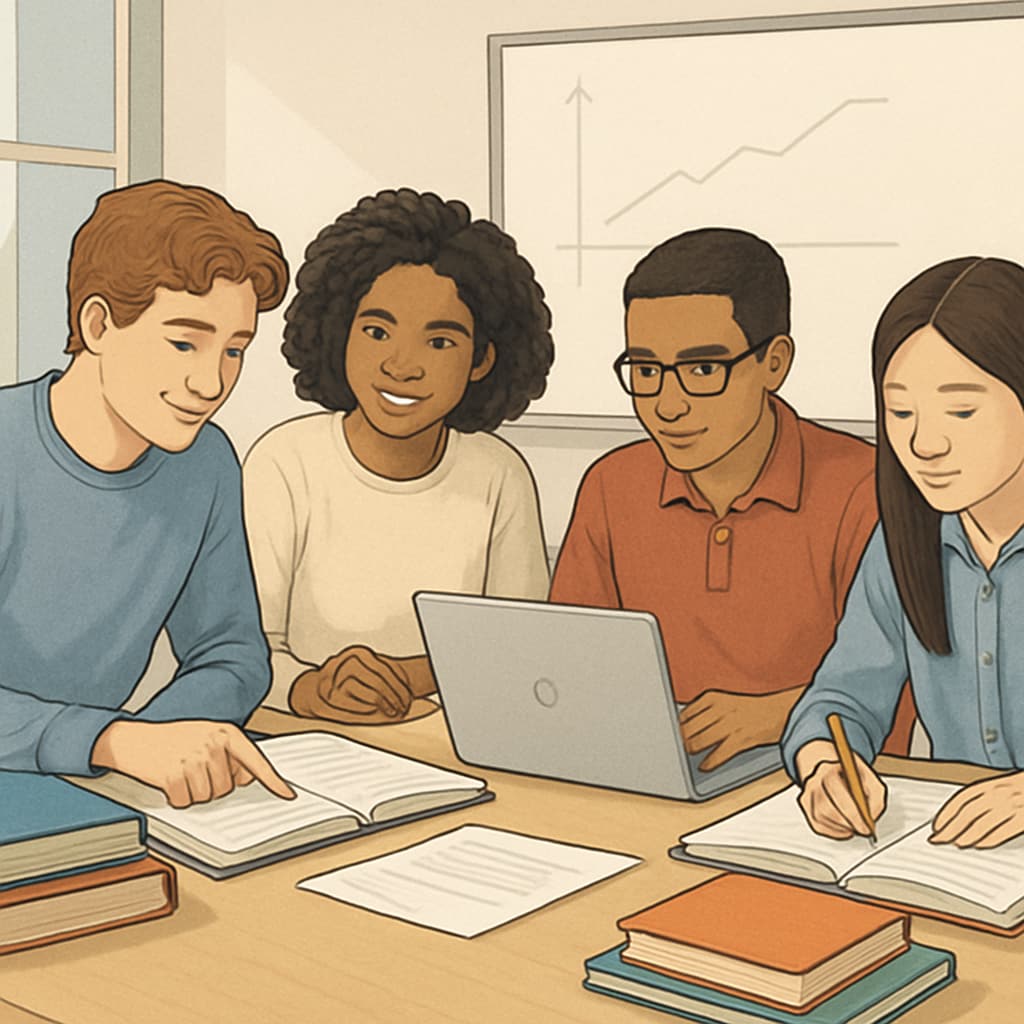For decades, institutions like Princeton and the Ivy League have been portrayed as the pinnacle of academic excellence and career success. However, are they truly as valuable as their reputation suggests? This article delves into whether the societal reverence for Princeton and its Ivy League peers might be exaggerated, questioning if their prestige overshadows a more nuanced understanding of educational quality and outcomes.

The Ivy League Illusion: Reputation vs. Reality
Princeton, alongside other Ivy League schools, enjoys an almost mythical status among students, parents, and employers. This reputation is built on factors like historical legacy, exclusive admission rates, and notable alumni. However, a closer look reveals that these factors do not always equate to superior education or better career prospects.
For example, while these institutions boast impressive graduation rates and access to elite networks, their actual contribution to student development is often debated. Critics argue that smaller, lesser-known schools can offer more personalized attention, hands-on learning, and innovative curricula that better prepare students for the modern workforce.
Additionally, the Ivy League on Wikipedia notes that its reputation is partly rooted in tradition rather than ongoing innovation. This raises the question: are students paying for the name rather than the substance?
Are Ivy League Schools Overvalued in an Evolving Educational Landscape?
In today’s rapidly changing world, the definition of a “valuable education” is shifting. Employers increasingly prioritize skills, adaptability, and real-world experience over the institution a candidate attended. As a result, the perceived advantages of an Ivy League degree might not hold the same weight as they once did.
Moreover, the financial burden associated with attending schools like Princeton can be staggering. With tuition fees climbing to over $50,000 per year, students and families often question whether the return on investment justifies the cost. Recent studies have shown that many graduates from state universities or technical schools earn comparable salaries to their Ivy League counterparts within certain industries.
For example, Britannica’s overview of higher education highlights the growing importance of specialized programs and online education platforms, which are challenging the monopoly of traditional elite institutions.

Reevaluating the True Purpose of Education
Ultimately, the question isn’t whether Princeton and its Ivy League peers are “good” schools—they undoubtedly are. The real challenge is understanding whether the societal obsession with these institutions detracts from the broader goals of education: fostering critical thinking, encouraging innovation, and preparing students for a dynamic world.
Parents and students alike may benefit from expanding their perspective. Instead of chasing prestige, they could focus on factors such as program quality, faculty expertise, and opportunities for hands-on learning. After all, the most valuable education is the one that aligns with a student’s personal and professional aspirations, rather than societal expectations.
To summarize, while Princeton and the Ivy League offer undeniable benefits, their reputation may eclipse other equally valuable educational paths. By questioning the myths surrounding elite institutions, we empower future generations to make more informed choices.
Readability guidance: Short paragraphs and lists improve clarity. Transition words like “however,” “for example,” and “therefore” guide the reader through the argument. Avoiding excessive passive voice ensures concise communication.


